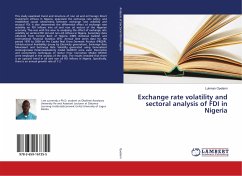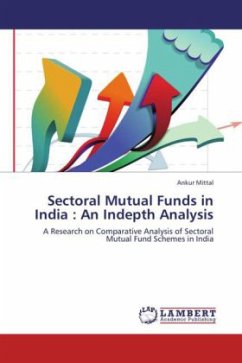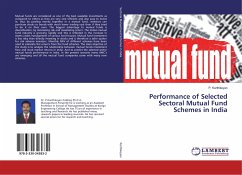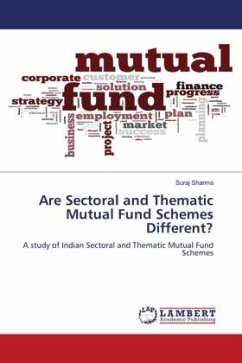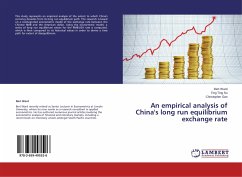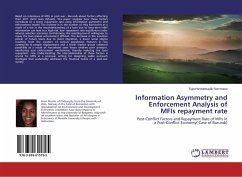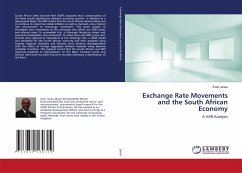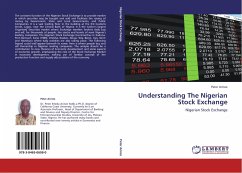This study examined trend and structure of non oil and oil Foreign Direct Investment inflows in Nigeria; appraised the exchange rate policy; and established causal relationship between exchange rate volatility and sectoral FDI. It also determined the differential effect of exchange rate volatility on FDI inflows into oil and non oil sectors of the Nigerian economy. This was with the view to analyzing the effect of exchange rate volatility on sectoral FDI (oil and non oil) inflows in Nigeria. Secondary data obtained from Central Bank of Nigeria (CBN) statistical bulletin and International Financial Statistics (IFS). Annual time series data for the period 1970 to 2009 on Per Capita Real Gross Domestic Product (PRGDP), Infrastructural Availability (proxy by Electricity generation), Exchange Rate Movement and Exchange Rate Volatility generated using Generalized Autoregressive Heteroscedasticity model (GARCH) were used. Descriptive and econometric techniques of Vector Error CorrectionModel (VECM) were employed in the analysis of the data. The results revealed that there is an upward trend in oil and non oil FDI inflows in Nigeria. Specifically, there is an annual growth rate of 7.3.
Bitte wählen Sie Ihr Anliegen aus.
Rechnungen
Retourenschein anfordern
Bestellstatus
Storno

